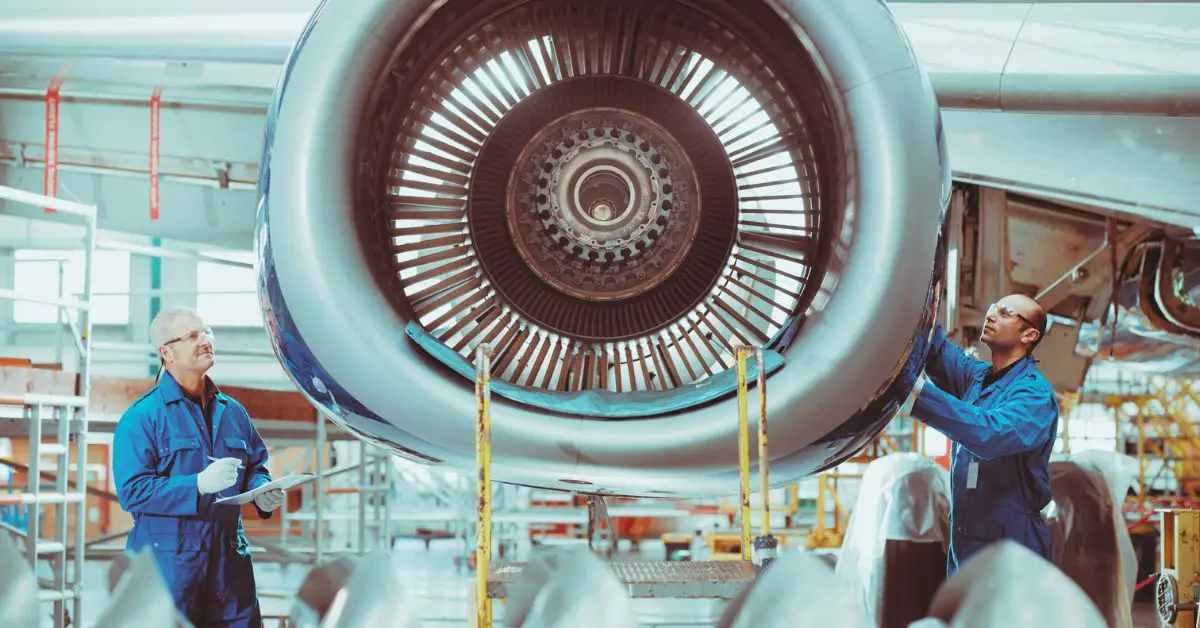We used the latest data and insights to identify the highest paying aerospace engineer jobs so that you can learn and earn more.
What comes to mind when you think about the highest-paying aerospace engineer jobs?
Aerospace engineering is a niche field. It’s also one of the most exciting and rewarding careers out there. And yet, you don’t have to be rich to be an aerospace engineer—in fact, some of the best aerospace engineers are paid less than you’d think.
That’s because when it comes down to it, what matters more than the aerospace engineer’s salary is how satisfied you are with your job.
Statistics are extracted from data provided by the Bureau of Labor Statistics (BLS), Payscale, and other top job websites.
Find out more about aerospace engineering jobs in this blog post. We’ve used data from Payscale, the US Bureau of Labor Statistics, and other top job resources for credibility.
Here is a video summary based on this article
Similar Articles:
- 10 Highest Paying Journalist Jobs to Consider
- 10 Highest Paying Soil Science Jobs to Consider
- 10 Highest Paying History Jobs to Consider
Table of Contents
#10. Flight Operations Specialist
How do they get paid?
- Source: Comparably
- Low Range: $26,340 per year
- High Range: $95,330 per year
- Median Pay: $51,880 per year
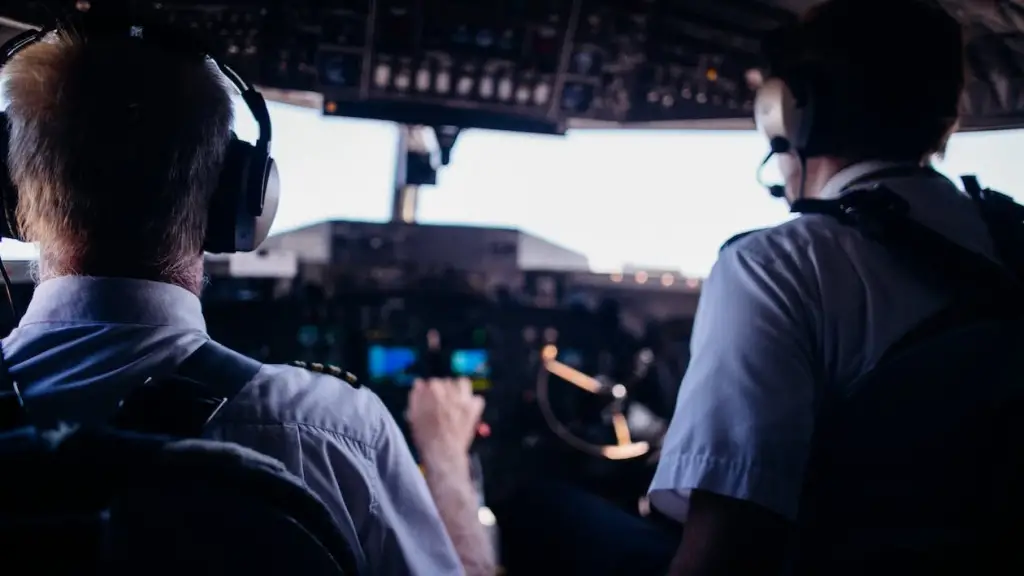
What do they do?
The flight operations specialist ensures that all aircraft are safe to fly and ready to go. This includes ensuring the pilots have everything they need to safely operate the plane.
The flight operations specialist also maintains the aircraft logbook and handles any paperwork associated with flight operations.
They may also be responsible for maintaining records on fuel consumption, weather conditions, and other factors that could affect safe travel.
What degrees and skills are usually required?
Flight operations specialists need a bachelor’s degree in aeronautical engineering or aviation management, plus extensive training on related equipment. Employers may hire candidates with associate degrees for entry-level positions and then train them on the job.
You might also like:
Who’s hiring for this job?
Flight operations specialists work for airlines, charter companies, and other aviation-related businesses. Government agencies also hire aerospace engineers.
What is the best way to get this job?
Once you have the necessary education and training, you can begin applying for jobs. You’ll need a lot of patience because it may take some time to land a position.
As with any job search, you should apply for positions that match your background and experience. You can also use your networking skills to find employment opportunities through friends and family members who work in aviation careers.
What is it like to be a flight operations specialist?
#9. Aeronautical Engineer
How do they get paid?
- Source: Payscale
- Low Range: $67,000 per year
- High Range: $125,000 per year
- Median Pay: $83,852 per year

What do they do?
Aeronautical engineers develop and design aircraft and spacecraft. They also test prototypes to ensure they are safe for use in flight.
In this field, you can choose to work in jet propulsion, guidance and control systems, power systems, or aircraft structure.
What degrees and skills are usually required?
You require at least a bachelor’s degree in aeronautical or aerospace engineering to become an aeronautical engineer.
If you want to advance in this field, then you may need to complete a graduate degree program and take additional courses.
Who’s hiring for this job?
Aeronautical engineers work for commercial aircraft manufacturers, government agencies, and research centers. The average annual salary for aeronautical engineers is $83,852.
What is the best way to get this job?
To get hired, you need to demonstrate experience, knowledge, and skills. After graduation, you can join other entry-level aerospace engineers.
Once you have a few years of experience, you can apply for higher-paying positions with commercial aircraft manufacturers or other aerospace companies.
You might also like:
- 10 Highest Paying Mechanical Engineering Jobs
- 10 Highest Paying Aviation Jobs to Consider
- 10 Highest Paying Astronomy Jobs to Consider
- 25 Best Schools For Aerospace Engineering In The US
- 10 Highest Paying Chemical Engineering Jobs To Consider
Should you become an aeronautical engineer?
#8. Aircraft Engineer
How do they get paid?
- Source: Glassdoor
- Low Range: $52,000 per year
- High Range: $148,000 per year
- Median Salary: $86,804 per year

What do they do?
You may not know it, but aircraft engineers are aviation’s lifeblood. These engineers develop new designs and technologies for airplanes, helicopters, and other types of aerospace vehicles. They also evaluate existing designs to ensure they meet safety standards and perform as expected.
If a design has flaws or problems, aircraft engineers work with other engineers at their company or with outside experts to correct them.
What degrees and skills are usually required?
To become an aircraft engineer, you’ll need to earn at least a bachelor’s degree in aerospace engineering or mechanical engineering from an accredited university or college. You’ll also need several years’ worth of experience working on aircraft.
Who’s hiring for this job?
Aircraft engineers work for airlines, manufacturers, repair facilities, and government agencies.
What is the best way to get this job?
After becoming an expert in your field through formal education and hands-on experience, there are many different ways to land a job as an aircraft engineer:
- Apply directly through employers like Boeing or Lockheed Martin; they generally hire experienced engineers who already have their master’s degree (or higher).
- Find openings with smaller private companies; these firms tend to hire entry-level workers without PhDs.
You might also like:
- 10 Highest Paying Industrial Engineering Jobs to Consider
- 10 Highest Paying Mechanical Engineering Jobs 2024
- 25 Best Schools For Aerospace Engineering In The US 2024
- 10 Highest Paying Material Science Jobs to Consider
- 10 Highest Paying Physics Jobs to Consider 2024
What is it like to be an aircraft engineer?
#7. Aerospace Stress Engineer
How do they get paid?
- Source: Payscale
- Low Range: $65,000 per year
- High Range: $133,000 per year
- Median Pay: $86,913 per year
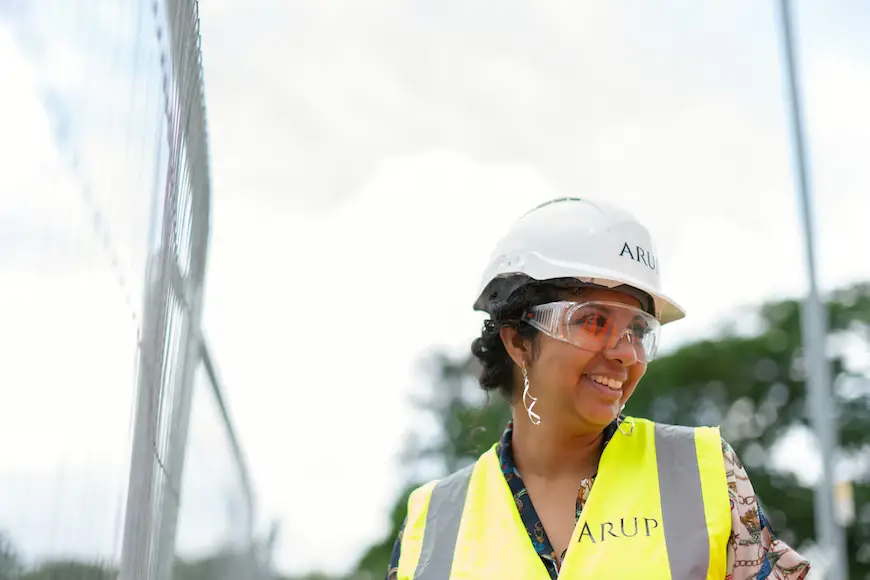
What do they do?
Aerospace stress engineers assess the structural integrity of aircraft and spacecraft. They also develop techniques for predicting and reducing stresses on an aircraft or spacecraft during flight.
What degrees and skills are usually required?
This job requires a bachelor’s degree in aerospace engineering, airplane structures, or a related field. Some employers require a master’s degree in engineering.
Who’s hiring for this job?
Aerospace stress engineers work for a wide range of companies and organizations. Some work for aircraft manufacturers, while others work for government agencies or private firms specializing in aircraft safety technology.
What is the best way to get this job?
The first step to becoming an aerospace stress engineer is to earn a bachelor’s degree in aerospace engineering or airplane structures. This degree will give you the necessary knowledge, skills, and experience to work as an aerospace stress engineer.
As you gain experience, you may be promoted to a higher-level position or move into a different industry.
What is it like to be an aerospace engineer?
You might also like:
- 10 Highest Paying Mechanical Engineering Jobs
- 10 Highest Paying Astronomy Jobs to Consider
- 25 Best Schools For Aerospace Engineering In The US
- 10 Highest Paying Aviation Jobs to Consider
- 10 Highest Paying Chemical Engineering Jobs To Consider
#6. Aviation Engineer
How do they get paid?
- Source: Salary com
- Low Range: $77,066 per year
- High Range: $117,759 per year
- Median Pay: $97,890 per year

What do they do?
Aviation engineers use their flight, aerodynamics, and mechanics knowledge to design aircraft. They focus on the analysis and development of new concepts that will improve performance or safety for future planes. The design process can include anything from structural calculations to wind-tunnel testing.
What degrees and skills are usually required?
A bachelor’s degree in aerospace engineering is required, though most employers prefer a master’s degree as well. In addition to coursework in the field, engineers must complete a significant amount of hands-on training to be eligible for the professional certification required for most jobs.
Who’s hiring for this job?
Aviation engineers work for airlines, aircraft manufacturers, and government agencies. They may also work for consulting firms or other organizations that specialize in aviation. Their hourly wage depends on the employer, experience, and several other factors.
What is the best way to get this job?
Once you have completed the required coursework and passed the certification exams, you can apply for entry-level positions as an aerospace engineer.
Should you become an aviation engineer?
You might also like:
- 10 Highest Paying Industrial Engineering Jobs To Consider
- 10 Highest Paying Aviation Jobs To Consider
- 10 Highest Paying Material Science Jobs To Consider
- 10 Highest Paying Engineering Jobs
- 10 Highest Paying Mechanical Engineering Jobs
#5. Propulsion Systems Engineer
How do they get paid?
- Source: Zippia
- Low Range: $75,000 per year
- High Range: $138,000 per year
- Median Pay: $102,136 per year
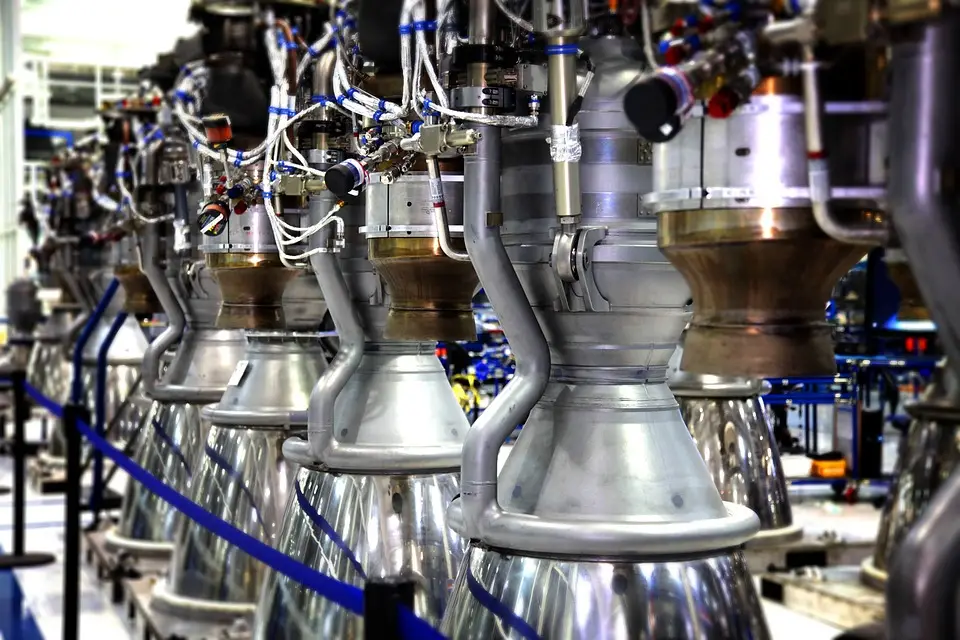
What do they do?
Propulsion engineers are responsible for designing and testing all kinds of engine components, including turbines, gas generators, and blade assemblies. They also design and test propulsion systems for missiles, rockets, and spacecraft.
What degrees and skills are usually required?
You need a bachelor’s degree in aerospace engineering and at least five years of experience working as a propulsion engineer to qualify for this position. Some employers will require you to have a master’s degree in engineering or a related field.
Who’s hiring for this job?
Propulsion systems engineers work for companies such as National Aeronautics and Space Administration, Lockheed Martin Corp, Boeing company, and Northrop Grumman corporation.
What is the best way to get this job?
Once you’ve earned your degree, you can begin the process of finding an entry-level position. You’ll need to build up your career experience and reputation to advance into more senior roles or move into management.
You might also like:
- 10 Highest Paying Material Science Jobs to Consider
- 10 Highest Paying Aviation Jobs to Consider
- 10 Highest Paying Astronomy Jobs To Consider
- 10 Highest Paying Physics Jobs to Consider
- 10 Highest Paying Industrial Engineering Jobs to Consider
What is it like to be a propulsion systems engineer?
#4. Aerodynamics Engineer
How do they get paid?
- Source: Glassdoor
- Low Range: $70,000 per year
- High Range: $158,000 per year
- Median Pay: $104,649 per year

What do they do?
Aerodynamics engineers are responsible for designing and testing the aerodynamic properties of aircraft, missiles, and other vehicles. They may also be called upon to evaluate the feasibility of new designs or modifications to existing vehicles.
What degrees and skills are usually required?
Typically all aerodynamics engineers have at least a bachelor’s degree in aerospace engineering or another related field. However, some positions require a master’s degree or even a doctorate in aeronautical engineering from an accredited university.
Who’s hiring for this job?
Aerodynamics engineers work at companies such as airlines, space agencies, and military contractors. Boeing and Lockheed Martin are two of your likely employers.
What is the best way to get this job?
To get hired, you need to have experience in aerodynamics or related fields. You can also get started by volunteering with a local chapter of the Experimental Aircraft Association and learning about how aircraft are designed, built, and tested.
You might also like:
- 25 Best Schools For Aerospace Engineering In The US
- 10 Highest Paying Astronomy Jobs To Consider
- 10 Highest Paying Aviation Jobs to Consider
- 10 Highest Paying Material Science Jobs to Consider
- 10 Highest Paying Industrial Engineering Jobs to Consider
Should you become an aerodynamics engineer?
#3. Spacecraft Systems Engineer
How do they get paid?
- Source: Glassdoor
- Low Range: $68,000 per year
- High Range: $165,000 per year
- Median Pay: $105,650 per year

What do they do?
A spacecraft systems engineer designs, develops, and tests complex systems for space. They also oversee the construction and testing of spacecraft components, as well as their integration into the final product.
What degrees and skills are usually required?
Before you can become a spacecraft systems engineer, you must have a bachelor’s degree in engineering from an accredited college or university. A master’s degree can increase your chances of being hired for a job.
Some employers prefer candidates with at least three years of experience in the aerospace industry. Depending on the company and your job duties, you may also need additional certifications and licenses.
Who’s hiring for this job?
Spacecraft systems engineers work for aerospace manufacturers, research institutions, and government agencies. They may also work for private space companies that design and build spacecraft or provide services for them.
What is the best way to get this job?
You can get this job through a number of avenues, including:
- Searching for jobs on job boards like Monster.com and Indeed.com.
- Contacting aerospace companies directly and applying for open positions online or in person.
- Using your network to find employment opportunities through friends, family members, or colleagues.
But ensure that you have a solid resume and cover letter before applying for jobs. Consider looking into internships or apprenticeships with aerospace companies if there are no open positions.
What is it like to be a spacecraft systems engineer?
#2. Flight Test Engineer
How do they get paid?
- Source: Glassdoor
- Low Range: $68,000 per year
- High Range: $170,000 per year
- Median Pay: $106,653 per year
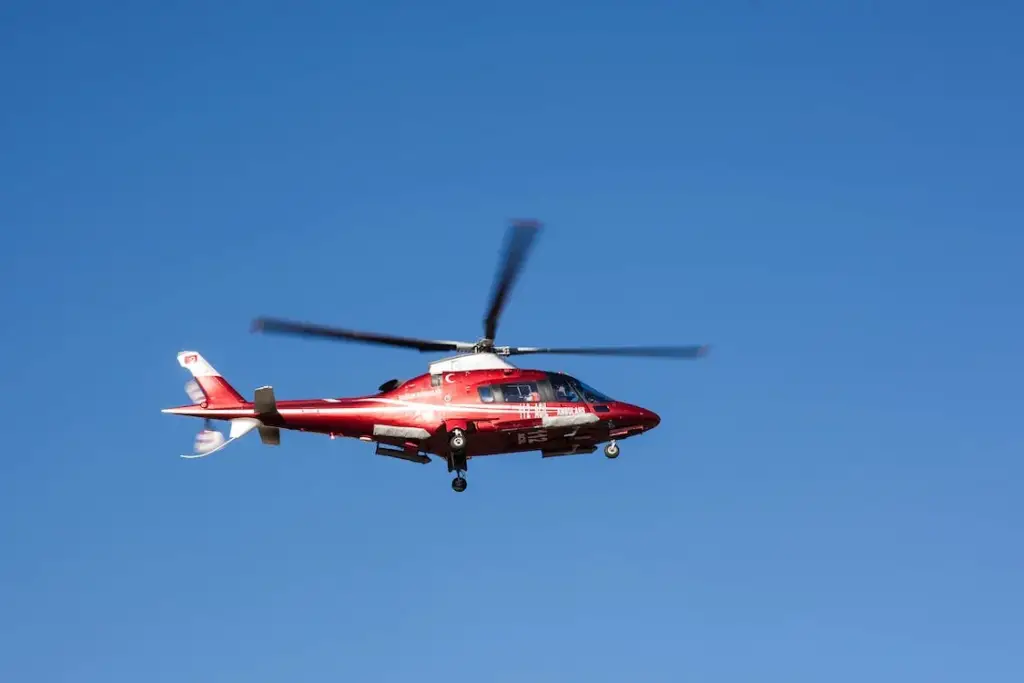
What do they do?
Flight test engineers work on aircraft and spacecraft to ensure they are safe. This includes checking that all systems are working correctly. They also test new technologies for use in aviation.
What degrees and skills are usually required?
These test engineers must have a bachelor’s degree in aerospace engineering or another relevant field, such as aeronautical engineering, from an accredited university.
A master’s degree is not required but is preferred by many employers. It improves your chances of getting hired and earning more money over time. However, most entry-level flight test engineer positions only require a bachelor’s degree.
Who’s hiring for this job?
Flight test engineers work for different companies and organizations. Some major employers include the U.S. government, NASA, and commercial airlines like Boeing or Airbus.
What is the best way to get this job?
You can get this job by networking with friends and family or applying directly to flight test engineer positions.
As employers prefer experienced candidates, you may have to take a few entry-level jobs and work your way up to become a flight test engineer.
What is it like to be a flight test engineer?
#1. Thermodynamics Engineer
How do they get paid?
- Source: Glassdoor
- Low Range: $76,000 per year
- High Range: $165,000 per year
- Median Pay: $110,726 per year
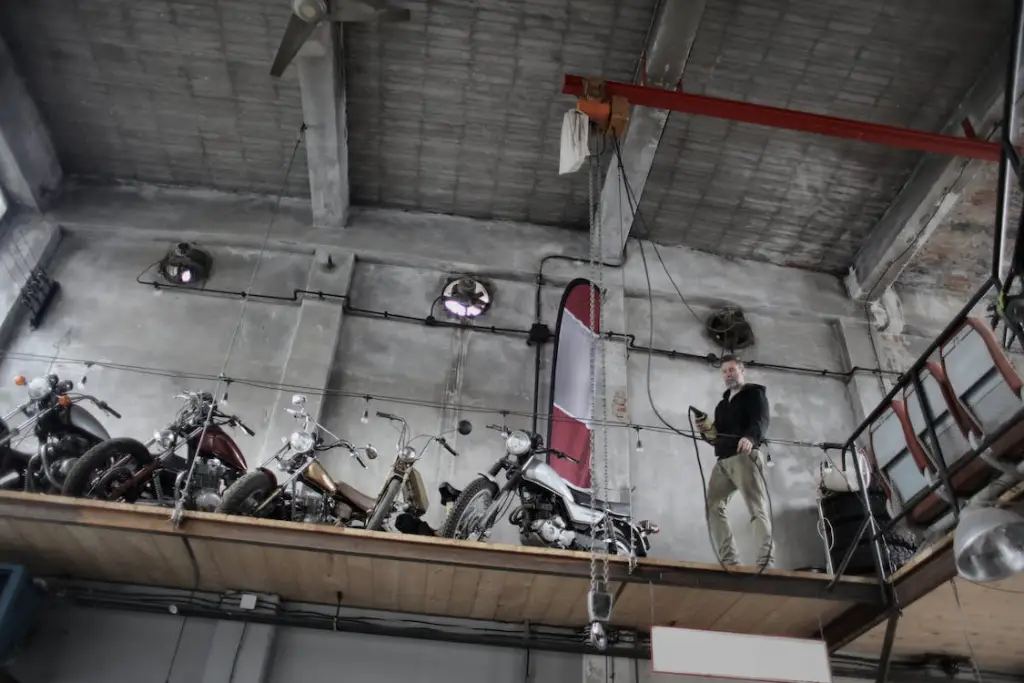
What do they do?
Thermodynamics engineers play an important role in the aerospace industry. They use their knowledge of thermodynamic systems to design and develop thermal control systems for aircraft, spacecraft, missiles, and launch vehicles.
What degrees and skills are usually required?
The degree required for this job varies from one employer to another, but most companies require a bachelor’s degree in aerospace engineering. Employers also prefer candidates with experience in the field.
Who’s hiring for this job?
Thermodynamics engineers work for manufacturers, research and development companies, and government agencies.
What is the best way to get this job?
You can get this job by earning a bachelor’s degree in aerospace engineering, which prepares you for entry-level positions as a designer or engineer. You can also earn an advanced degree in thermodynamics-related courses. This will open up more opportunities for you.
Should you become a thermodynamics engineer?
You might also like:
- 10 Highest Paying Aviation Jobs To Consider
- 10 Highest Paying Mechanical Engineering Jobs
- 25 Best Schools For Aerospace Engineering In The US
- 10 Highest Paying Astronomy Jobs To Consider
- 10 Highest Paying Material Science Jobs To Consider
Conclusion
If you’re looking for a career in the aerospace industry, then you know that there are many different options. Each position has unique requirements.
Doing some research is the best way to find out what job will work best for you. Look into what companies are hiring right now and see their needs. Once you’ve done that, ensure your resume is up to date. You’ll never know when someone from your dream company will be looking at it.
And remember—you don’t need an advanced degree or an engineering background to start working in this industry. Many entry-level positions don’t require years of experience or specific degrees. Make sure you know what kind of job you want before applying for anything!

